Aw, That's Sweet
In which Norm experiences the sugary delights of Paul King's WONKA.
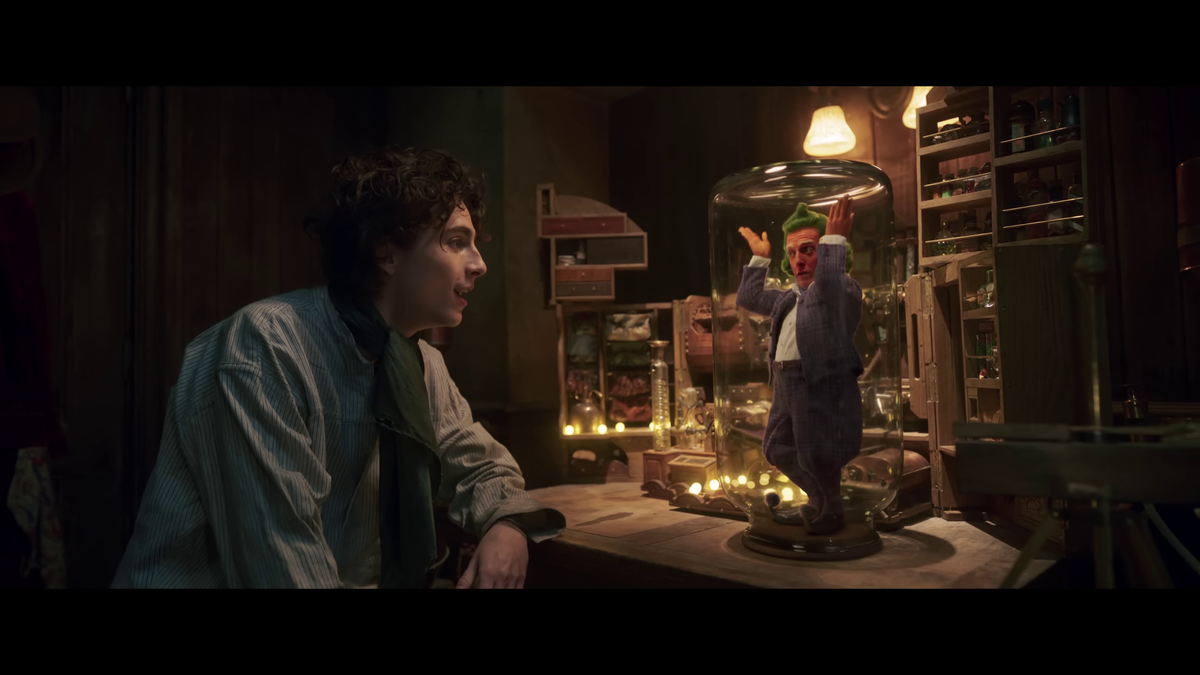
Look, the world didn’t need a Willy Wonka prequel. We’re not supposed to know where he came from. In Roald Dahl’s books, and Gene Wilder’s performance in Mel Stuart’s 1971 adaptation, Wonka is a capering, unknowable agent of chaos, as likely to steer children to their doom as hand them a lollipop. He’s either Peter Pan or the Pied Piper, or possibly both, and that is the fun of it.
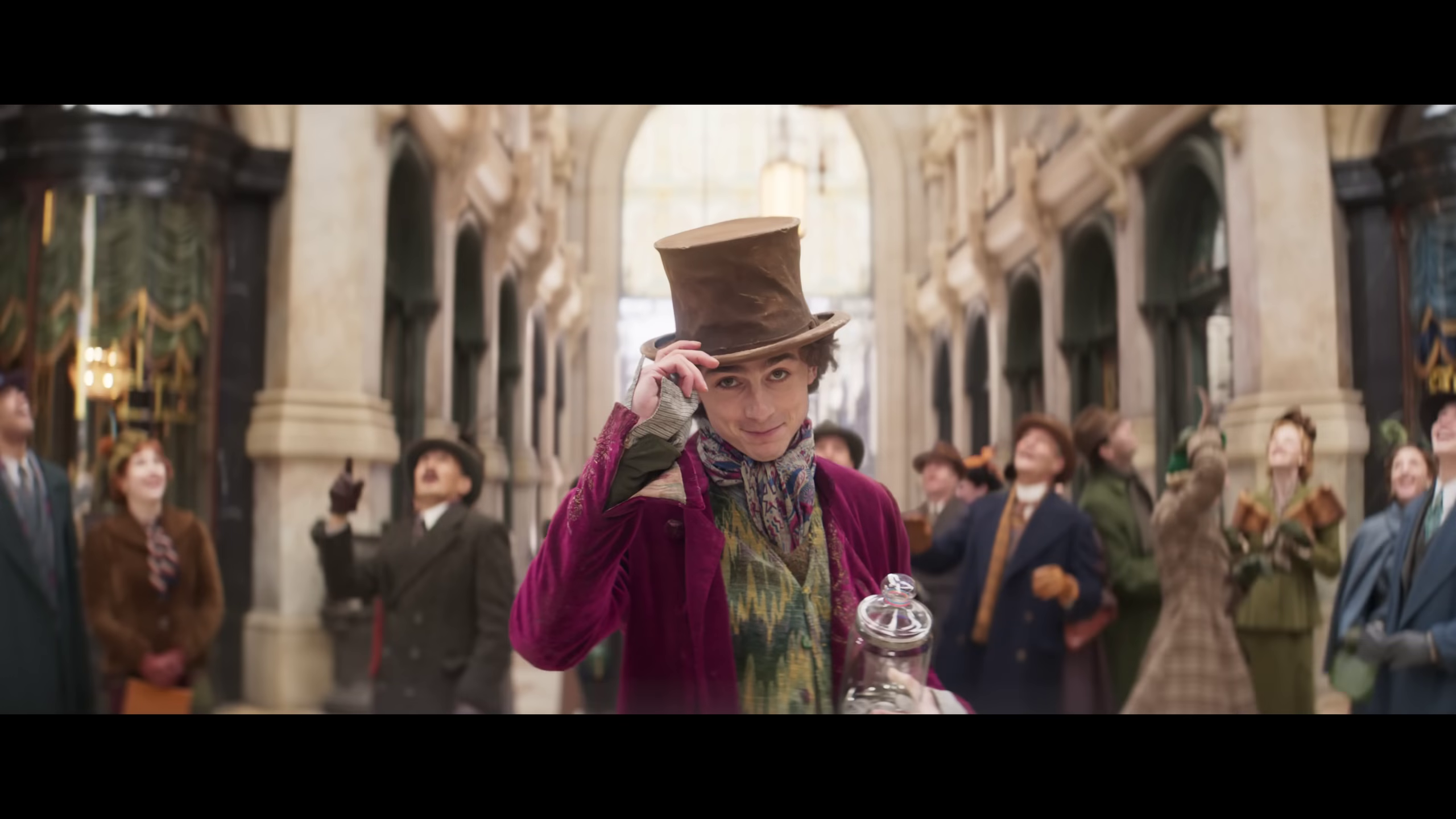
Is he telling the truth about where he sources the ingredients of his his remarkable confections, or is it all just a great line of patter? And how about the way he explains bringing the Oompa-Loompas into his employ? (For the sake of all that’s holy, I hope that’s not true. Wilder made Wonka unreadable right to the very end, bobbing and weaving on poor Charlie Bucket until his final open-hearted moment. He nailed it in a way that defined the character for decades.
Indeed, when Tim Burton mounted his version in 2005 his whole pitch was that Johnny Depp wouldn’t just be doing a Gene Wilder impression. Instead, Depp did a Michael Jackson impression, or at least an impression of the lilting naïf Jackson spent his entire adult life pretending to be. It was affected, obviously, but it was also fundamentally wrong in a way the film wasn’t equipped to deal with. I assume Burton was too busy fiddling with the production design to offer notes.
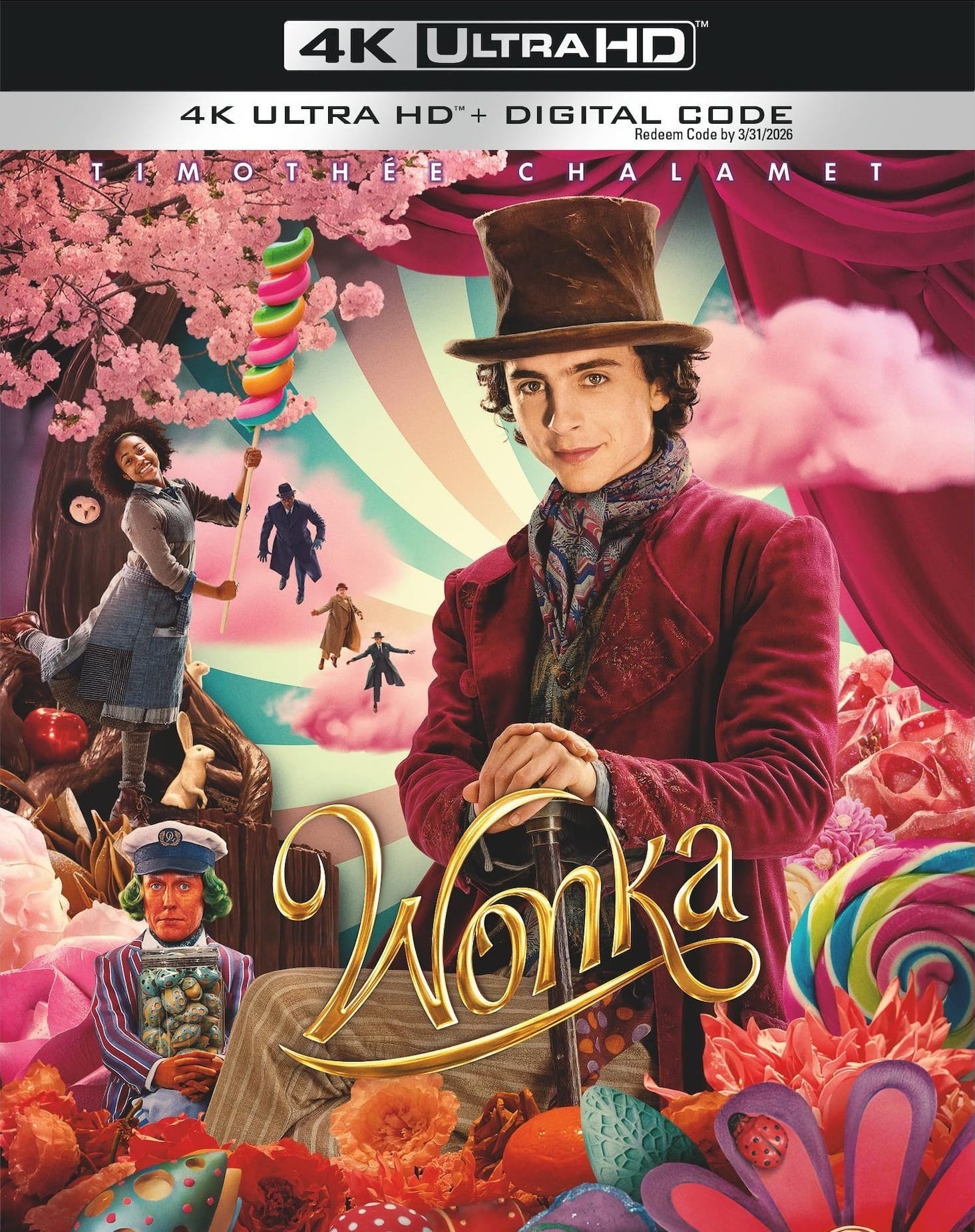
So the bar couldn’t be any lower for another Willy Wonka project, two decades later, and then Warner went and declared this new film would explore Willy’s younger days, when he was but an aspiring chocolatier challenging the establishment with his revolutionary new creations. I admit it, I cringed at the pitch: Meet the original disruptor! Moving fast and breaking stuff! Except, you know, with candy!
But just as Willy Wonka has his secrets, so did the studio: They were giving it to Paul King, the man who made the Paddington movies. Both the original and the sequel turn the simple story of an accident-prone bear into elaborate, moving stories of magic and kindness in slightly preposterous worlds. One could see where King’s particular set of skills might be transferable to the Wonkaverse. At least I did.
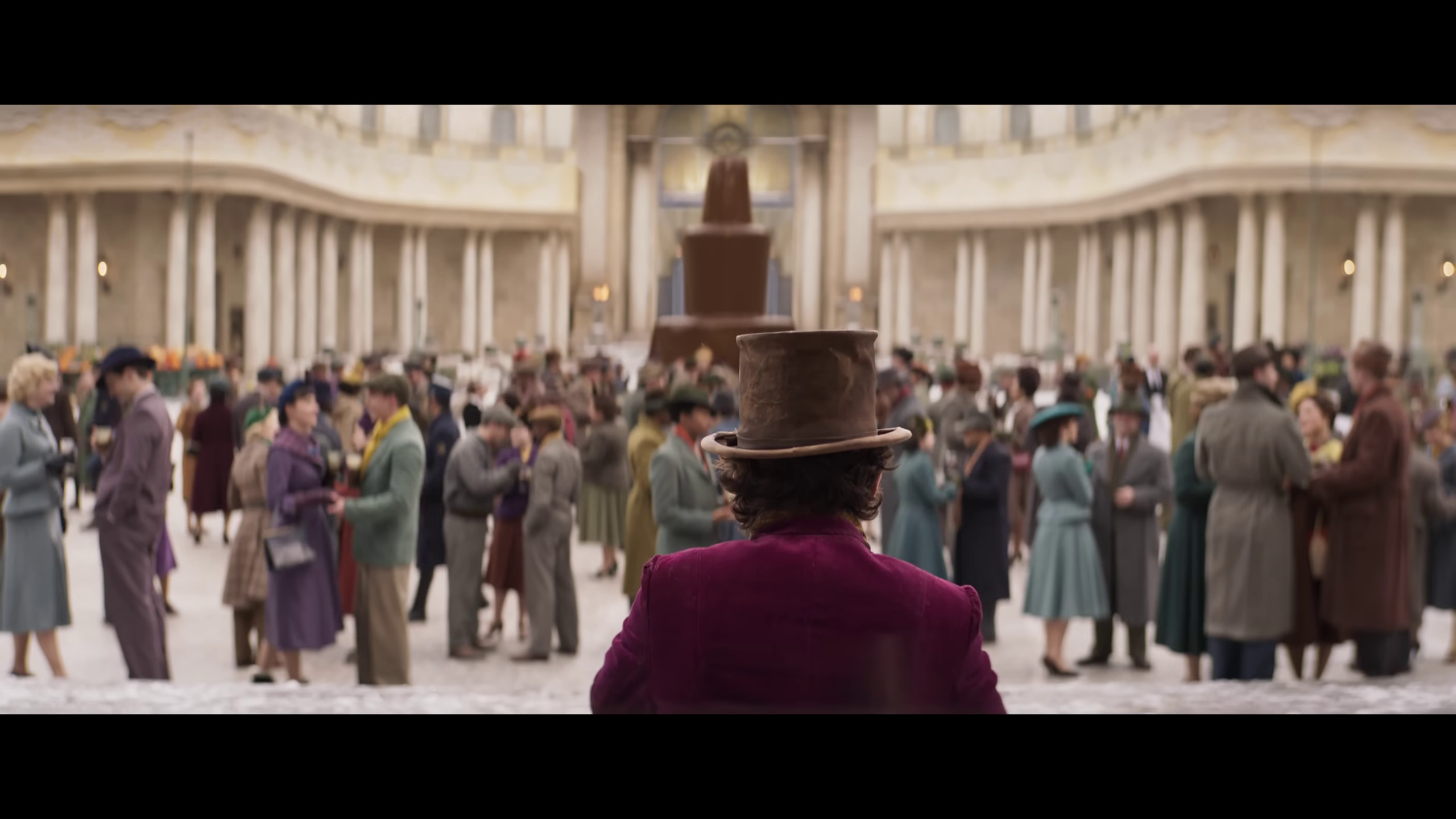
In a number of ways both large and small, Wonka sets itself up as a predecessor to Mel Stuart’s movie, which is to say we are meant to believe Timothée Chalamet will grow up to be Gene Wilder. It’s a big ask, but it works: Chalamet – who I have to admit I’d never really pictured doing comedy, let alone making a musical – folds hints of Wilder’s mania into a more contained performance, only going big when Wonka can’t contain his own excitement. He also has a blunt directness that, given enough time, could curdle into cruelty … or maybe it’s all an act. Isn’t his smile is just a little too wide? Aren’t his eyes a little too sparkly? Is this guy for real?
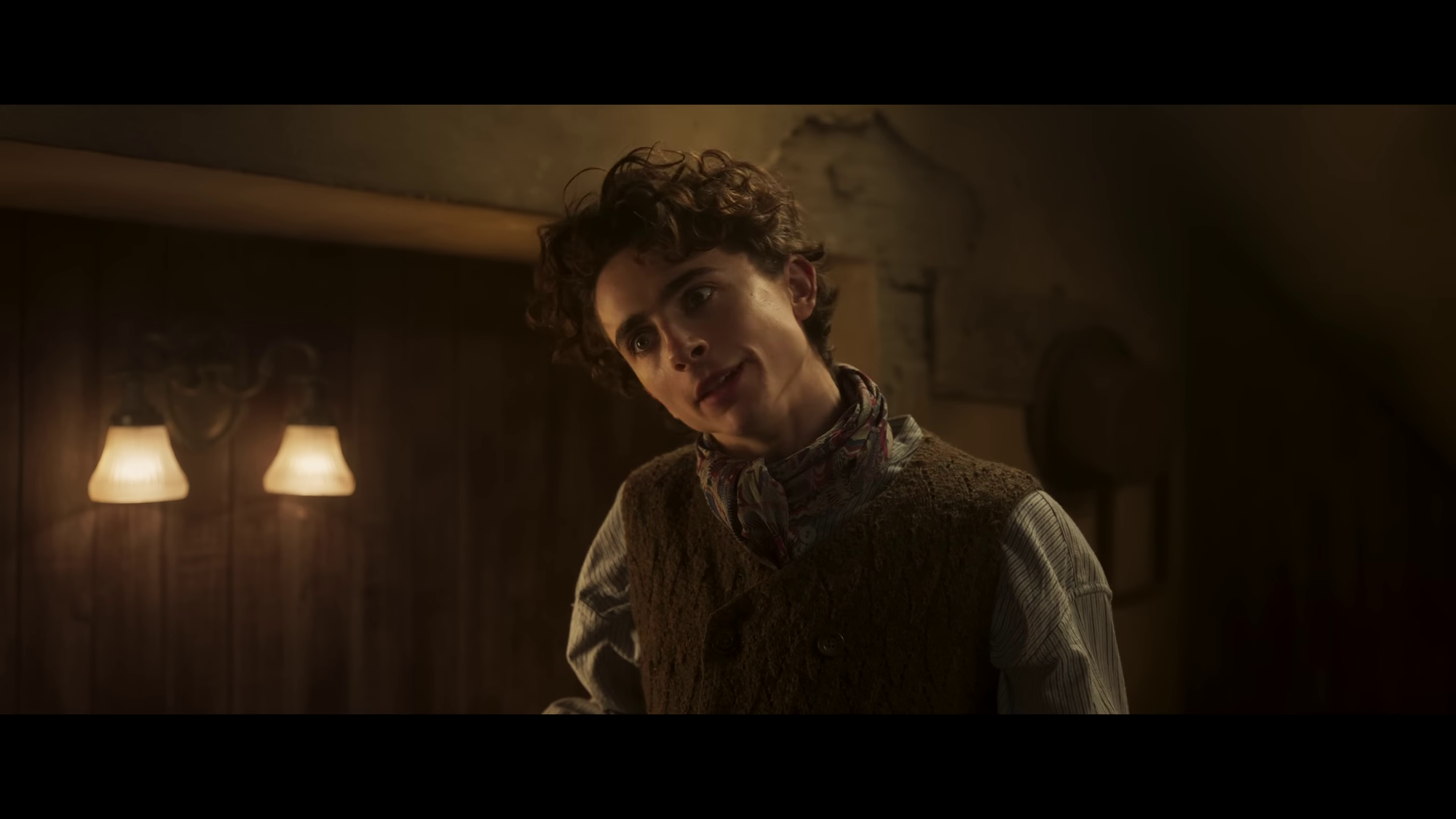
That’s the note Wilder hit so perfectly, and Chalamet is whistling the same tune. Willy Wonka is manufacturing his own legend before our very eyes, and King’s film makes itself his accomplice. It’s disarming in its lack of guile, just like the Paddington movies; King and co-writer Simon Farnaby – best known as Julian the pantsless MP in the UK version of Ghosts – can write this stuff better than anyone else. The songs are by Neil Hannon of The Divine Comedy, adding a music-hall burble to Anthony Newley’s 1971 tracks.
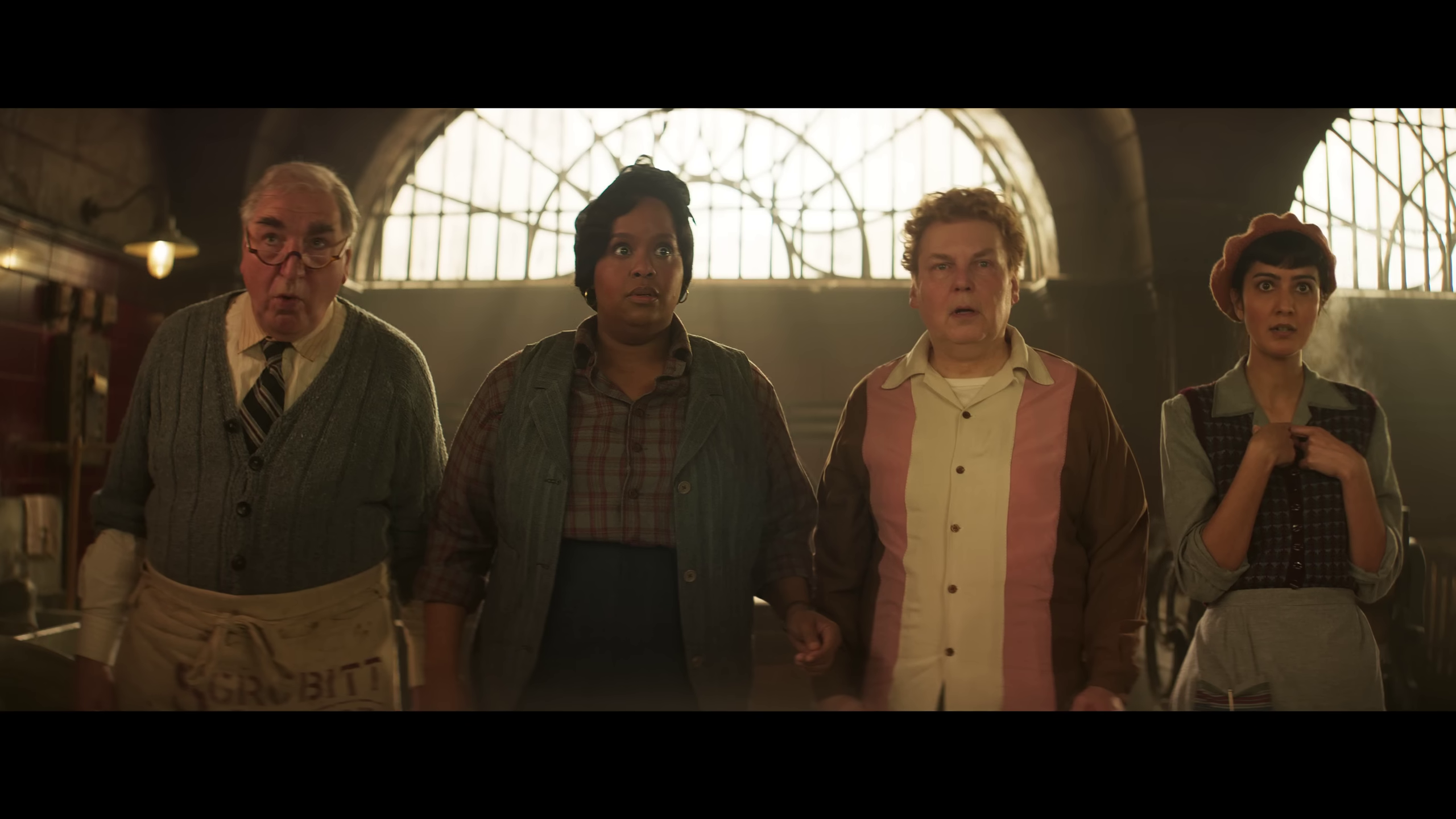
And King rounds up a whole mess of delightful character actors – Olivia Colman, Hugh Grant, Keegan-Michael Key, Downton Abbey’s Jim Carter, Paterson Joseph, Rich Fulcher, Rakhee Thakrar and Farnaby’s Ghosts pals Mathew Baynton and Charlotte Ritchie – to bounce around in this world as various goodies, baddies and onlookers. It’s panto for grown-ups – or grown-ups who remember what being a kid was like – and you know what? It works.
Wonka is very silly and very sweet, and somehow in the middle of it there’s this quietly moving little subplot about Willy taking on an apprentice-slash-accomplice named Noodle (Calah Lane) that pays off just beautifully. I don’t know whether the film will become a generational classic the way the Wilder movie did, but I was always sort of puzzled by the way that weird, weird picture hung around. Maybe weirdness is catching.
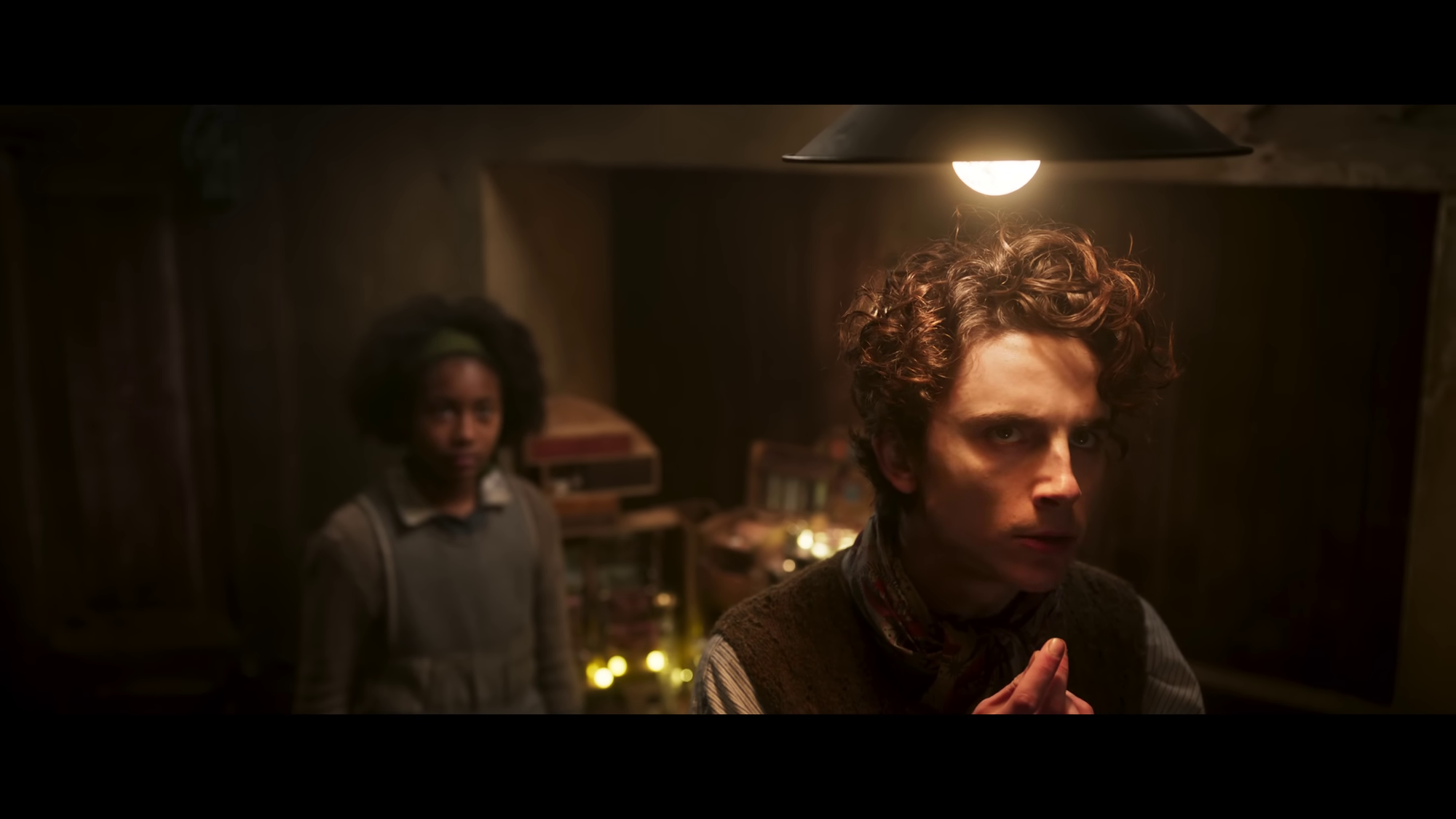
Warner’s 4K edition of Wonka is as bright and overwhelming as you can imagine, pulling every pixel of brilliance from Chung Chung-hoon’s dazzling cinematography, with an eye-popping range of primary colors and lush pastels bursting every which way.
The Dolby Atmos soundtrack is just as lively, with a specificity that lets us hear Willy’s gadgets whirring and buzzing in the corners of his room and a breadth that fills your whole soundstage with song and dance during the musical numbers.
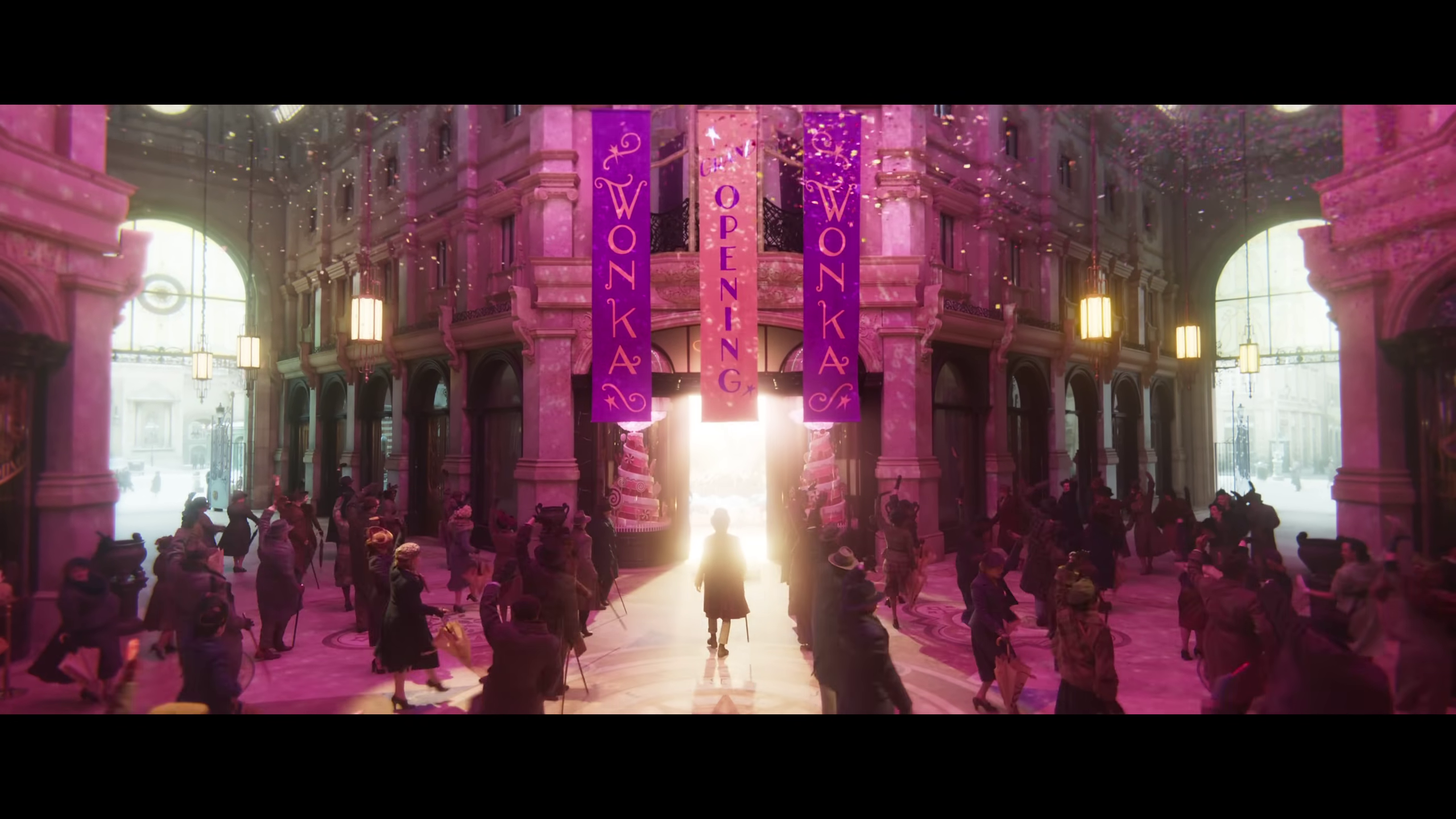
It’s a splendid transfer, bolstered by about 45 minutes of featurettes that explore the production from multiple angles, including a look at the songs and score, a hangout with virtuoso costume designer Lindy Hemming and a session with chocolatier Gabriella Cugno, who walks us through the molds and formulas required to create Willy’s fictional delights.
There’s a great deal of pleasure to be had watching talented people do their thing. You could say the same about Wonka.
Wonka is available in separate 4K and Blu-ray editions from Warner Home Entertainment. I understand there’s also a combo steelbook exclusive to Wal-Mart, but I haven’t seen it in the wild.
Coming soon: Jason Momoa shuts down the whole DC Universe, but at least he has fun doing it.
